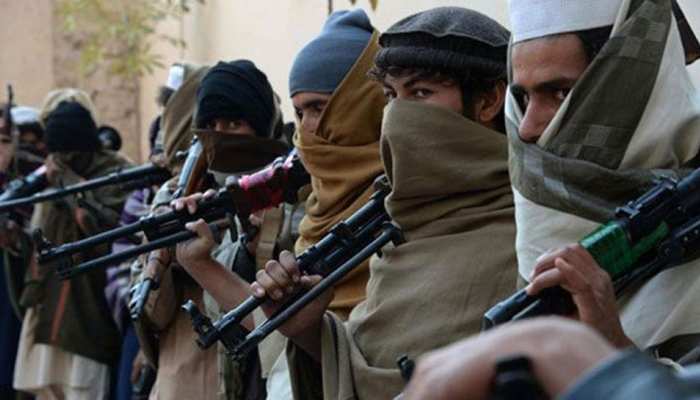Security forces in Jammu and Kashmir intensify their search for terrorists linked to the deadly ambush in Kulgam district earlier this month. The attack resulted in the tragic loss of three Army personnel. Signs indicate that this group may have connections to previous attacks in the Rajouri and Poonch districts this year.
Quadcopters are playing a significant role in the ongoing combing operations throughout south Kashmir. A senior security force officer, speaking anonymously, mentioned, “Our current assessment suggests that the group is still situated within south Kashmir, and has yet to move across the Pir Panjal mountain range. We’re keen on intercepting them before any potential crossover. Should they succeed in crossing over, they might go off-grid for an extended duration.” On August 5, terrorists killed three Army personnel in the Halan forest of Kulgam. The initial operation was launched after intelligence hinted at the suspected movement of the militants through this forested area.
A series of similar attacks in the past few months have led to significant casualties; five soldiers were killed in Poonch in April and another five in Rajouri’s Bhattadurian region in May.
Drawing parallels between these incidents, the official noted, “There’s a noticeable pattern between the Rajouri-Poonch and the recent Kulgam attacks. We speculate a group of 6-8 terrorists, operating across the Pir Panjal range, might be behind these operations.”
While the majority of the group comprises foreign militants, local extremists provide them support. “They operate discreetly, surveying targets without drawing attention. Post an attack, they tend to go into hiding for specific intervals,” added the official.
Authorities believe the group, possibly a combination of Lashkar-e-Taiba and Jaish-e-Mohammad members, has skillfully avoided detection. Their tactics include eschewing communication devices and remaining uninvolved in local affairs, which hampers both human and technological surveillance.

















